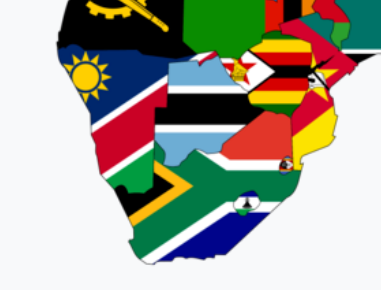Walk through the halls of Vistula University on any given day, and you’ll hear more than just Polish and English. Shona, Zulu, and Portuguese are part of the mix, reflecting the presence of students from Zimbabwe, South Africa, Mozambique, and beyond. But what brings so many students from Southern Africa to study here in Warsaw?
According to many of these students, the answer is simple: affordability, accessibility, and active promotion through study abroad programs.
Affordable European Education
For most Southern African students, cost is a major factor. Studying in Europe has long been a dream for many, but high tuition fees in countries like the UK and the US have made it difficult. That’s where Vistula comes in.
“Back home in Zimbabwe, university options are limited and expensive for what you get,” says Tinashe, an IT student. “Vistula offered a recognized degree in English, and I could afford it. That’s a big deal.”
Tuition fees at Vistula are significantly lower than in many other European universities. The cost of living in Warsaw, while rising, remains lower than in cities like London or Berlin, making it a more realistic option for students on a budget.
Study Abroad Programs and Local Agencies
Vistula’s popularity in Southern Africa isn’t just about cost. It’s also about how well the university has promoted itself in the region.
“I found out about Vistula through an agency in Mozambique,” says Djonacy, a Computer Engineering student. “They helped me with everything — from the application to the visa.”
Many local agencies in countries like Zimbabwe and South Africa now promote Vistula as part of their study-abroad offerings. These agencies often have close relationships with the university, making the process smoother for applicants. It’s also common for current students to recommend the university to friends and family back home.
“I saw someone I went to school with in Harare posting about it on social media,” says Tanaka, a management student. “That’s how I first got interested.”
Community and Support
Another reason for Vistula’s popularity is the sense of community it offers. The number of Southern African students has grown steadily over the years, creating informal support networks on campus and online.
“There’s a WhatsApp group just for Zimbabwean students,” says Tinashe. “It helps new students feel at home.”
With familiar faces, student-led events, and even local African restaurants popping up in Warsaw, the transition to a new country becomes much easier.
Challenges Still Exist
Of course, not everything is perfect. Students mention language barriers, cultural differences, and occasional moments of homesickness.
“Getting around Warsaw can be hard if you don’t speak Polish,” says Tanaka. “Even simple things like getting a SIM card or seeing a doctor can be confusing.”
However, most students agree that the positives outweigh the negatives.
Final Thoughts
The increasing number of Zimbabwean, Mozambican, and South African students at Vistula is no coincidence. It reflects a growing recognition that this university offers real opportunities — at a cost many can afford. As word spreads and communities grow, it’s likely that even more students from Southern Africa will make their way to Warsaw in the years ahead.
“I never thought I’d study in Poland,” says Djonacy. “But I’m glad I did. It’s one of the best decisions I’ve made.”
Youssef Sharaf
Photo: public domain


